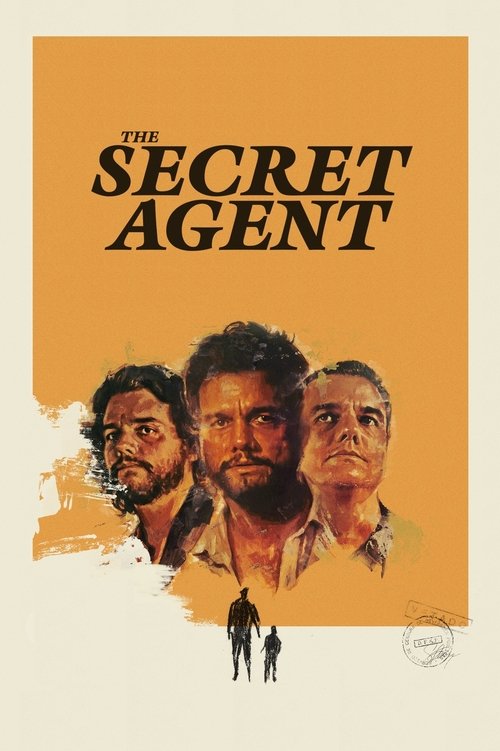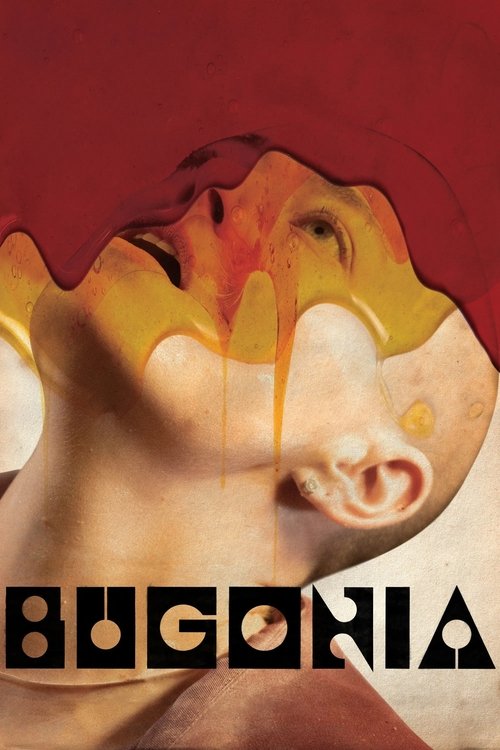
Ask Your Own Question
What is the plot?
What is the ending?
In the ending of "The Toast," the main character, a young man named Paul, confronts his feelings about his life and relationships. He ultimately decides to embrace his true self and pursue a more authentic path, leading to a sense of closure and hope for the future.
As the film approaches its conclusion, we find Paul at a pivotal moment in his life. The scene opens with him standing in front of a mirror, his reflection showing a mix of determination and uncertainty. He has just come to terms with the fact that he can no longer live in the shadow of others' expectations. The weight of his past choices hangs heavily on him, but there is a flicker of resolve in his eyes.
In the next scene, Paul gathers his friends for a final toast, a symbolic gesture that encapsulates his journey. The atmosphere is charged with emotion as he stands before them, a glass raised high. He begins to speak, his voice steady but filled with vulnerability. He reflects on the moments they have shared, the laughter, the struggles, and the lessons learned. Each friend listens intently, their expressions a mix of nostalgia and support.
As he continues, Paul reveals his decision to pursue his passion for art, a dream he had long suppressed. The camera pans to his friends, who exchange glances of surprise and encouragement. This moment signifies a turning point not just for Paul, but for the entire group, as they realize the importance of supporting one another's dreams.
The scene shifts to a montage of Paul taking steps toward his new life. We see him enrolling in an art class, sketching in a park, and sharing his work with others. Each frame is filled with vibrant colors and a sense of liberation, contrasting sharply with the earlier scenes of doubt and conformity. Paul's smile grows more genuine, reflecting his newfound confidence.
In the final moments of the film, Paul stands in front of an art gallery, where his work is being displayed for the first time. The camera captures the pride in his eyes as he interacts with visitors, sharing stories about his pieces. His friends are there, cheering him on, embodying the support system he has cultivated. The atmosphere is celebratory, filled with laughter and joy, as they toast to new beginnings.
As the credits roll, we see glimpses of each character's journey. Paul's friends are also pursuing their passions, inspired by his courage. The film closes on a hopeful note, emphasizing the importance of authenticity, friendship, and the courage to follow one's dreams. Each character has found a sense of purpose, and the bonds between them have deepened, leaving the audience with a sense of fulfillment and optimism for the future.
Is there a post-credit scene?
The movie "The Toast," produced in 2005, does not feature a post-credit scene. The film concludes its narrative without any additional scenes or content after the credits roll. The story wraps up with a sense of closure, focusing on the emotional arcs of the characters and their resolutions, leaving no further developments or surprises for the audience to discover in a post-credit sequence.
How does the setting influence the events of the story?
The setting, primarily centered around the family home and the dinner table, creates an intimate backdrop for the unfolding drama. The physical space reflects the emotional landscape of the characters, with each room holding memories and secrets that impact the narrative and character dynamics.
How does the relationship between the protagonist and their family evolve throughout the film?
The protagonist's relationship with their family is fraught with tension and misunderstanding at the beginning. As the story progresses, moments of vulnerability and shared experiences lead to a gradual reconciliation, showcasing the complexities of familial love and the struggle for acceptance.
What internal conflicts does the protagonist face throughout the film?
The protagonist grapples with feelings of inadequacy and the pressure to conform to family expectations. This internal struggle is depicted through their interactions with other characters and their journey towards self-acceptance, culminating in a powerful moment of realization during the toast scene.
What role does the character of the mentor play in the protagonist's development?
The mentor character serves as a guiding force for the protagonist, providing wisdom and encouragement. Their interactions are filled with emotional depth, as the mentor challenges the protagonist to confront their fears and insecurities, ultimately leading to significant personal growth.
What is the significance of the toast that the main character prepares?
The toast serves as a pivotal moment in the film, symbolizing the main character's journey of self-discovery and acceptance. It reflects their emotional state and the relationships they have with other characters, particularly during a climactic dinner scene where it becomes a catalyst for confrontation and revelation.
Is this family friendly?
"The Toast," produced in 2005, is a film that explores themes of family dynamics, personal struggles, and the complexities of relationships. While it does not contain overtly graphic content, there are several aspects that may be considered objectionable or upsetting for children or sensitive viewers.
-
Emotional Conflict: The film delves into intense family arguments and emotional confrontations that may be distressing for younger audiences. The characters experience significant emotional turmoil, which could be overwhelming.
-
Themes of Loss and Grief: There are moments that touch on loss and the impact it has on family members, which may evoke sadness or discomfort.
-
Substance Use: Some scenes may depict characters engaging in drinking or other adult behaviors that could be inappropriate for children.
-
Difficult Relationships: The portrayal of strained relationships and the complexities of familial love may be challenging for younger viewers to understand fully.
-
Mature Themes: The film addresses themes of betrayal, disappointment, and personal failure, which may resonate more with adult audiences and could be heavy for children.
Overall, while "The Toast" is not explicitly inappropriate, its emotional depth and mature themes may not be suitable for all children or sensitive viewers.





















